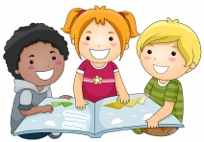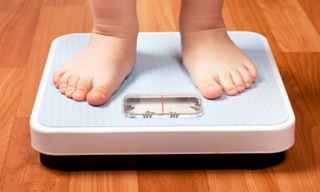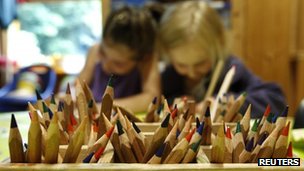In September 2013, 20 per cent of all two-year-olds in England became entitled to a free early education place for 15 hours a week. As a result, many early years settings are now adapting their provision in order to meet the individual needs of these very young children.
The needs of two-year-olds
One of the key challenges of working with two-year-olds is to understand how they see the world, how they feel towards people and events, how they approach new situations and how they learn. Having a better understanding of the characteristics of two-year-olds will enable your learners to develop more professional strategies for providing care and early learning. Some of these characteristics include:
- a need for close relationships
- increasing mobility and independence
- a growing sense of themselves as individuals
- an interest in developing social relationships with their peers
- curiosity and desire to explore their world
- a desire to communicate and express their thoughts and feelings
Understanding two-year-olds
It can sometimes be difficult for learners to fully understand the needs of two-year-olds. They may have been influenced by phrases like “terrible twos” or “temper tantrums” and often have unrealistic expectations about the behaviour and capabilities of very young children.
In order to really understand the needs of two-year-olds, your learners should have a comprehensive understanding of the three prime areas of the Early Years Foundation Stage (EYFS), personal, social and emotional development, physical development and communication and language development. They also need to fully understand:
- the significance of attachment theory and the key person approach
- how to meet the physical care needs of two-year-olds, including rest and sleep, mealtimes and nappy changing
- the importance of providing a safe but challenging environment
- how to implement positive behaviour strategies
- the importance of flexible routines, which incorporate the children’s interests
This is emphasised in the criteria for the new Early Years Educator (EYE) qualification including:
1.2 Understand the significance of attachment and how to promote it effectively
1.4 Analyse and explain how children’s learning and development can be affected by their stage of development and individual circumstances
5.3 Plan and carry out physical care routines suitable to the age, stage and needs of the child
The EYFS two-year-old progress check
The EYFS requires a short written summary of children’s development to be completed between the ages of 24-36 months. This should record children’s progress in the three prime areas of the EYFS and must be provided to parents. The progress check creates a clear picture of the child’s development and enables practitioners to plan meaningful learning activities or implement early intervention if necessary. A useful guide to the EYFS two-year old progress check can be found at:
https://www.gov.uk/government/publications/a-know-how-guide-the-eyfs-progress-check-at-age-two
Summary
From September 2014, 40 per cent of two-year-olds will become eligible for free places. This influx of two-year-olds into early years settings along with the demands of the EYFS will create some new challenges. You can really help to prepare your learners for working with these very young children, both in their training placements and as professional practitioners in the future.
Further information:
http://www.foundationyears.org.uk/2012/07/news-from-the-department-6/
Janet Stearns, EYE Consultant, Lecturer in Early Childhood Studies and former Lead Examiner for CACHE


